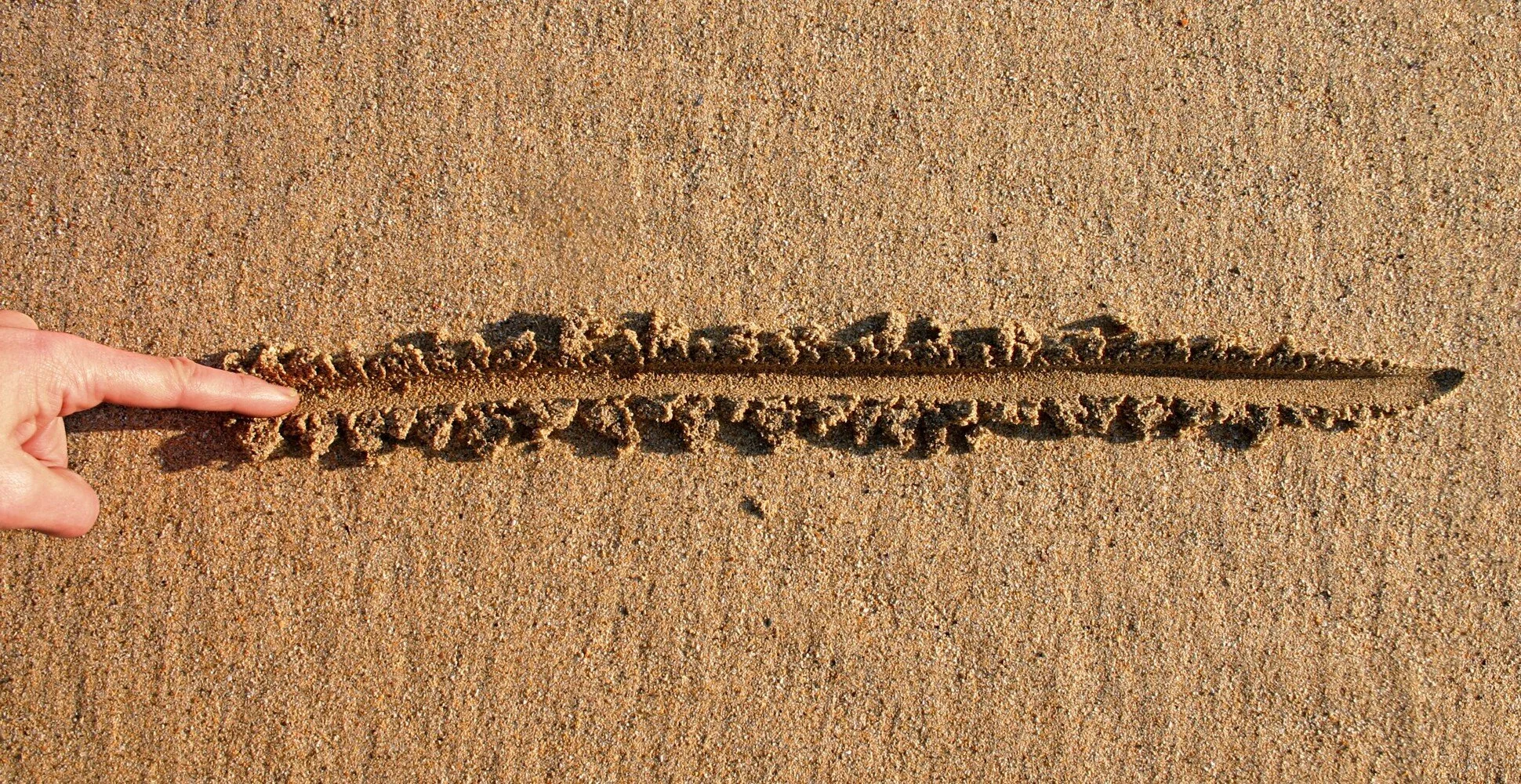A provocative title, so allow me to specify at the outset what exactly I am highlighting and the limits of the argument. Firstly and most importantly, let me make it clear that I am excluding from the discussion the necessary and vitally important domain of child-protection and the protection of vulnerable adults under law. What I am specifically referring to is the concept creep that has seen the safeguarding approach extended to sportsmen and women at senior level, who are otherwise (in the eyes of the law) deemed responsible adults capable of providing informed consent, making decisions and advocating on their own behalf. I am also excluding clear cases of misconduct that unamibiguously violate professional ethics and the boundaries of the athlete-coach relationship - for instance, sexually inappropriate behaviour or physical abuse. What I am also highlighting is the mission creep of those charged with investigating such claims and the present danger of over-reach. Why I feel these trends need to be challenged is that the safeguarding system if left unchecked threatens to penalise coaches simply for carrying out their proper duties.
Lessons from 2020: Emergence of the Autonomous Athlete
The initiative and intrinsic motivation to train solo successfully for extended periods are rare and vital qualities for any aspiring performer. Over recent months the lack of direct coaching supervision, restricted access to training facilities and absence of training partners posed huge challenges for athletes at all levels, testing not only their will but also their ability to find a way. Regular readers will recognise that these are not new themes - as noted before the biggest test of a coach is what happens when we’re not present. With the unprecedented events of 2020 all of this very much came to the fore. The critical role of agency and the need to ensure that athletes are capable of functioning independently are arguably among the biggest lessons that coaches, practitioners and indeed the athletes themselves can take from this tumultuous period.
Where Do We Draw the Line in Elite Sport?
Recent scandals, including multiple allegations and criminal cases of serious abuse, have rocked sport around the world. Arguably the most egregious example is the case of USA gymnastics, which should serve as a cautionary tale for everybody involved in sport at all levels. Against this backdrop, there has been something of an avalanche of allegations of bullying and improper conduct that are presently playing out in the public sphere. In turn, this has prompted calls for national sporting bodies to be less obsessively driven by winning medals. The perils of the ‘winning at all costs’ mentality have been cited as the reason behind the toxic environments and climate of fear that has been alleged in multiple sports, notably in the investigations that are presently ongoing within the UK. But of course winning on the world stage does come at a cost, both financial and personal. So where should we draw the line?






